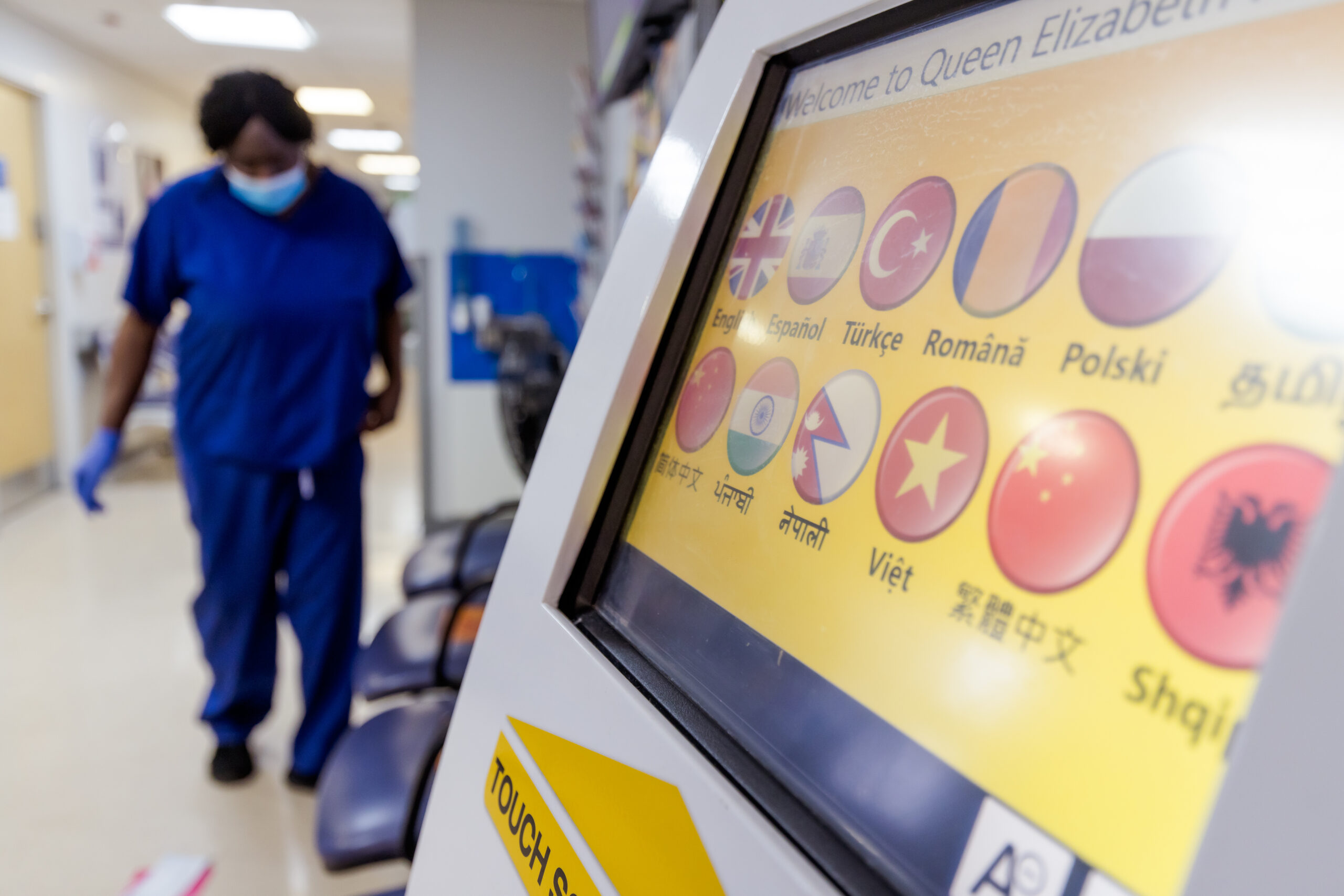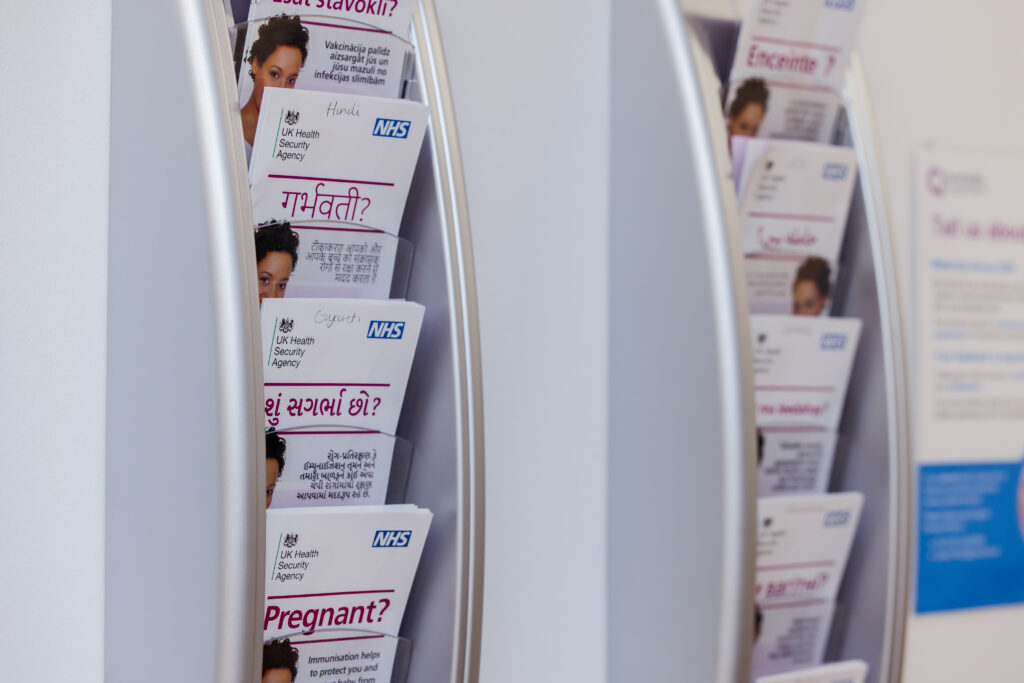 In line with the Royal College of Midwives top research priority, MIDIRS free Search Pack of the Month for July is ‘Culturally Sensitive Maternity Care’.
In line with the Royal College of Midwives top research priority, MIDIRS free Search Pack of the Month for July is ‘Culturally Sensitive Maternity Care’.
As highlighted in the newly published report within the RCM’s Research Prioritisation Project, the number one research priority is:
“What is required to create and implement culturally safe maternity care in the UK for women and birthing parents, and their babies, and staff from the global ethnic majority? What role does decolonisation of the midwifery curriculum and ongoing learning in clinical settings play in improving cultural competence and safety?”
Our Search Pack has been created to support midwives, students, maternity support workers, researchers and educators in engaging with this essential area of practice. It brings together research covering beliefs and practices related to maternal health, breastfeeding, infant care, and women’s experiences of maternity services across diverse ethnic communities.
The importance of cultural sensitivity in maternity care
Culturally-sensitive maternity care is crucial for improving maternal and newborn outcomes, building trust, and ensuring equitable healthcare. When maternity services recognise and respect cultural differences, they become more inclusive, more safe, and more effective.
Maternity care that fails to acknowledge cultural values and preferences can alienate women and negatively impact their outcomes and engagement with services.
The key benefits of culturally-sensitive maternity care:
- Improved health outcomes through individualised care.
- Greater trust between women and maternity healthcare professionals.
- Reduction in disparities linked to cultural and racial bias.
- Clearer communication, reducing fear.
- Respect for the autonomy and dignity of mothers in all aspects of maternity care.
Education and training on cultural sensitivity allows midwives, students and maternity support workers to engage with inclusive practices. This can include forming community partnerships to shape care, reflecting on personal and systemic biases, implementing policies and practices that are inclusive of all cultures, and committing to challenging harmful or insensitive practices.

Our Search Pack is a great place to learn, inform, and share research on this vital topic. The pack includes a comprehensive bibliographic list of peer-reviewed literature compiling evidence and research which explores the provision of culturally-sensitive maternity care across ethnic minority groups. Through the funding, discussion, and dissemination of research, together we can work towards equity within maternity services.
Access July’s free Search Pack below, and if you would like to access even more resources, a MIDIRS subscription allows full access to the MIC database.
*NOTE: Access to this Search Pack for free has now ended. To access this month’s free Search Pack of the Month, please head to the Blogs, News and Views section of our website. To access the Culturally Sensitive Maternity Care Search Pack, plus many more and our whole Maternity Infant and Care database, please consider subscribing to MIDIRS.*
Take a look back at articles discussing culturally sensitive maternity care that have featured in past editions of MIDIRS Midwifery Digest:
‘Separating fact from fiction: recruiting Asians into health care professions’ Aliya Darr (September 1997)
One in ten babies in the UK are now born to families from minority ethnic communities. Yet recruiting women from these groups to train as midwives is notoriously difficult. Health researcher, Aliya Darr, is trying to redress the balance in Bradford.
‘The development of a conceptual framework to support global mobility, transnational learning and cultural sensitivity for midwifery students: the TOTEMM project’ Louise Walker, Sara Borrelli, Stathis Konstantinidis, et al (March 2025)
Background: Globally, midwives play a vital role in providing safe maternity care and reducing health inequalities. The principles of this care need to be embedded into midwifery education to support the development of a workforce that understands global health practices, and is culturally aware and sensitive to individual needs. International mobility is one way to foster a student’s awareness of different cultures and to develop their identity as global citizens. However, traditional mobility models used in midwifery education have often prioritised clinical placements and are influenced by the capacity at the health care facilities, meaning only a small number of students can participate. This is exacerbated by the exclusion of a group of students whose personal and financial barriers make it impossible for them to live in another country for the required nine weeks.
Objective: Developing and evaluating new ways to widen opportunities for transnational learning and student mobility to support the development of intercultural sensitivity is an urgent priority for midwifery education. This has been further highlighted by the global pandemic and the impact this has had on undergraduate student mobility, especially on health care programmes. The development of a conceptual framework to promote enriched transnational learning and achievable student mobility should enable midwifery education to fulfil this need. The TOTEMM (TransfOrming Transnational intercultural sensitivity for Midwifery students through an inclusive Mobility model) project developed interactive online learning packages used during virtual mobility with students co-producing a resource to demonstrate their learning from the packages. During physical mobility, students travelled to another country or remained in their home country to act as hosts for the incoming students. The aim was to build on knowledge gained and to present their co-produced resources. This innovative blended model for midwifery student mobility and reusable open access e-learning resources could be used by other higher education institutions and educators to
support student learning of global midwifery
‘The perspectives of ethnic minority women on the barriers to engaging with perinatal mental health services’ Fiona Ama Dougan (June 2023)
Background and rationale: The incidence of perinatal mental illness may be higher in ethnic minority women (Watson et al 2019) — yet women from ethnic minority groups are less likely to be asked about their mental wellbeing (Redshaw & Henderson 2016). The consequences of perinatal mental illness may be catastrophic. Current evidence suggests that there is a clear disparity in the utilisation of perinatal mental health services between ethnic groups (Jankovic et al 2020). This is of serious concern and warrants appropriate investigation. The perspectives of ethnic minority women on the barriers to engaging with perinatal mental health services have the potential to underpin effective policy making, future strategic actions and delivery of services.
Literature review findings: This literature review has identified a number of barriers contributing to the underutilisation of perinatal mental health services among ethnic minority women. These include fear of stigmatisation, inadequate mental health literacy and variation in the conceptualisation of symptoms. In addition, there is a complex interplay of cultural and contextual factors. Nonetheless, these barriers may be mitigated through effective policy making and appropriate interventions, that aims to improve outcomes for
ethnic minority women.
Recommendations for practice: Unconscious bias training, with a strong anti-stigma component may be pivotal in diminishing feelings of stigmatisation among ethnic minority women. Furthermore, the availability of community support groups may also improve engagement with perinatal mental health services. In addition, an appropriate cultural competency assessment tool may need to be developed to assess the cultural competency of the midwifery workforce.
To read these papers in full, plus hundreds more midwifery-related articles, subscribe to MIDIRS and access our full MIC database, as well as our quarterly Digest.


